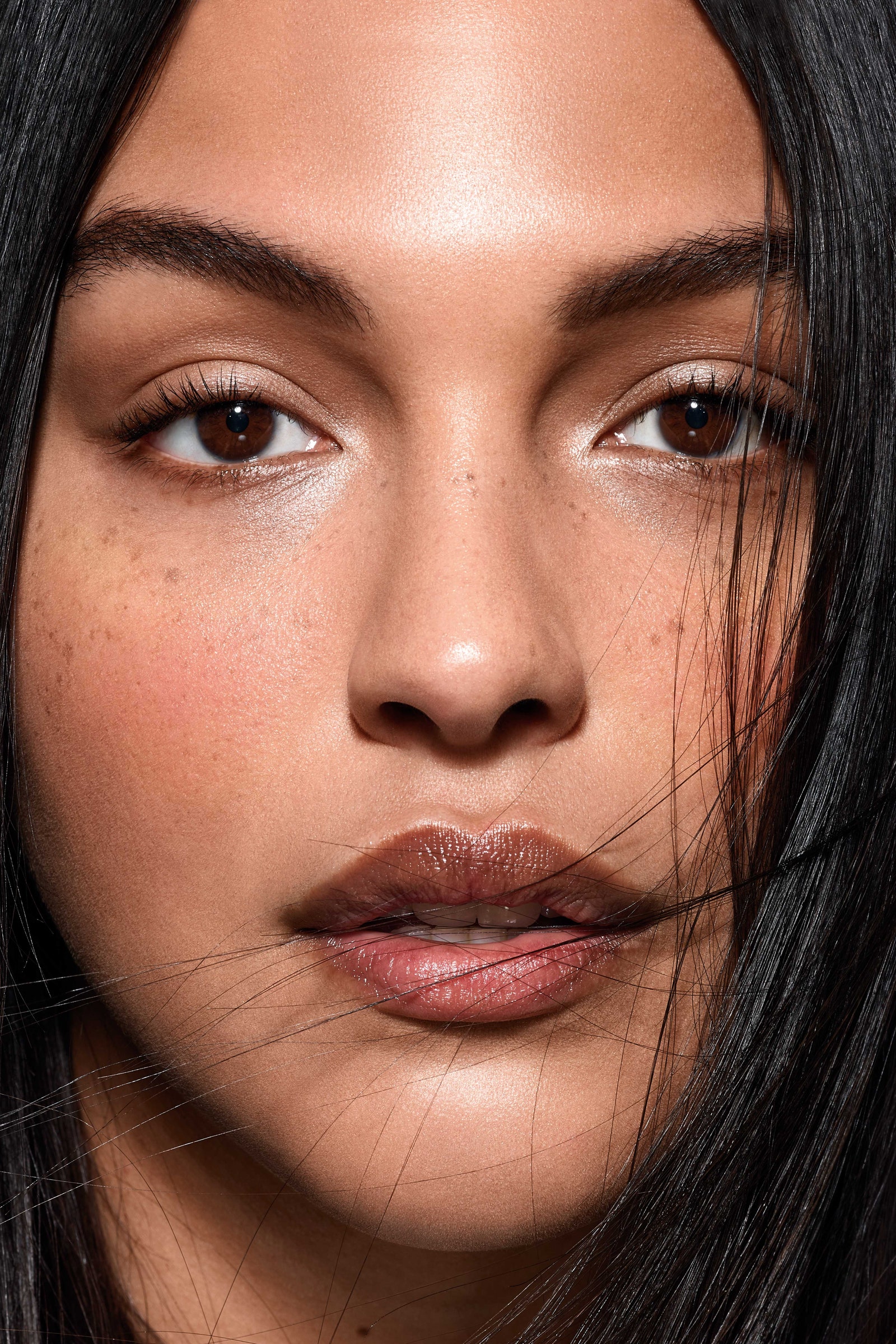
Back when the term “unprecedented times” seemed wildly imaginative, if we’d asked our hypothetical crystal balls, “What is the future of skincare?” the response would have been “Tech.” Cue a futuristic cosmos where our current formulations, regimes and devices, now rendered prosaic and insufficient, would be elevated by the kind of innovation you’d expect from Nasa. That forecast isn’t erroneous per se, but it doesn’t consider the pandemic, which caused a seismic shift in our relationship with our body’s largest organ. So, what is the future? Well, according to the world’s skincare experts, everything from self-care and science to transparency and tech will have a starring role.
Healthcare benefits
Much has been said about how the fragility of our existence staring us squarely in the face caused us to take a more holistic look at our skincare choices. Charles Rosier, CEO and co-founder of Augustinus Bader, is unequivocal that this health-focused approach will be vital going forward, explaining that consumers will increasingly think of “skincare as skin health”. Victoria Campbell, general manager of Murad Skincare UK, couldn’t agree more, predicting that “facial treatments will be deemed less a luxury and more of a necessity in the journey for the best possible skin health”. It is a trajectory that Sarah Chapman, A-list aesthetician and founder of the Skinesis line, is already witnessing at her Chelsea clinic. “Clients are more focused on their skin’s underlying health, not just its superficial appearance,” she says. As a result, hygiene has become a heightened area of concern for consumers. Clare Varga, head of beauty at WGSN, predicts that as a result, we’ll see “a more personalised and fresh approach to skincare, as it will not only be considered more potent, it will be more hygienic”. Chapman concurs, adding that this emphasis will also cause brands to “move towards packaging that minimises the risk of contamination”. Skinesis – with its airless bottles and single-use microneedling tips – already has a head start.
Tech boom
Lately, sales of at-home skincare devices have skyrocketed – and Chapman, who advocates their use as part of an effective skincare regime, predicts interest will continue to rise. “I foresee great strides in this area, with technology previously only seen in clinical settings being adapted for personal use,” she says. Meanwhile, Shani Darden, the LA-based aesthetician, explains that this enthusiasm for tech is being galvanised by a “prevention is better than cure” mantra. She says, “Utilising effective at-home devices along with the right products for your skin can really counteract premature ageing, helping to minimise the need for costly, invasive treatments later on.”
Darden recently launched the Facial Sculpting Wand, which, she says, “targets crow’s feet, eyebrow furrows and nasolabial lines way beyond the skin’s surface resulting in firmer, more contoured and radiant skin”. Paula Begoun, founder of Paula’s Choice, goes one step further, predicting, “The marriage of wearable tech and skincare will provide deeper insights into how our skin functions.” Citing Estée Lauder’s Advanced Night Repair (ANR) – the bestselling cult serum now reformulated with cutting-edge technology – June Jensen, executive director at The NPD Group, suggests that pushing the boundaries of science is not only forward-thinking, it is the key to sustaining brand loyalty: “ANR’s continuous evolution reminds consumers how much the brand is driving innovation.”
Follow the science
The pandemic, says Janet Pardo, Clinique’s SVP of product development, has been a great indication of how much the power of science and our conviction in it will influence the future. “Covid-19 catalysed and reinforced our trust in science. So now there is an even greater need to learn more about our changing environment and what role, for instance, our increased screen time – and therefore increased exposure to blue light – plays in skin damage.” In fact, this conversation around blue light will be so significant that Varga predicts that “skinscreens”, a new breed of multifunctional skincare hyphenates that target sunlight, blue light and pollution to prevent ageing, “will be the most important products for consumers in the years to come”. For Sunday Riley, science is the core pillar of her eponymous brand. “‘Powered by science, balanced by botanicals’ is our brand philosophy, so our approach to skincare will continue to focus on fast-acting formulas, results and clinically proven ingredients.”
Total transparency
The desire for supercharged, science-driven formulations has led to a demand for greater transparency from brands. It’s a clarion call that, says Rosier, is being pushed by the consumer. “They want to know, ‘Is that ingredient truly healthy for my skin? What are the long-term benefits? Will it actually impact the structure of my skin?” Estée Lauder, says Jennifer Palmer, the brand’s vice president of global skincare product development, is leading the charge. “We find consumers are guided by numerical performance claims that show products really work, and work fast. They are looking for a high level of transparency, and are invested in learning about the active ingredients and advanced technologies in the formulas. So, our approach is to develop products that are high performance and highly effective – hence we are always continuing to advance our research and innovation.” According to Lisa Payne, senior beauty editor at trend forecasting agency Stylus, transparency, and the power of the consumer to influence product formulations, may determine a line’s success. “Within the next 10 years,” she explains, “the most pertinent developments will centre on the relationship between the consumer and brand. This open and honest communication is what will lead to better product development.” And fundamentally, this is the future of skincare.